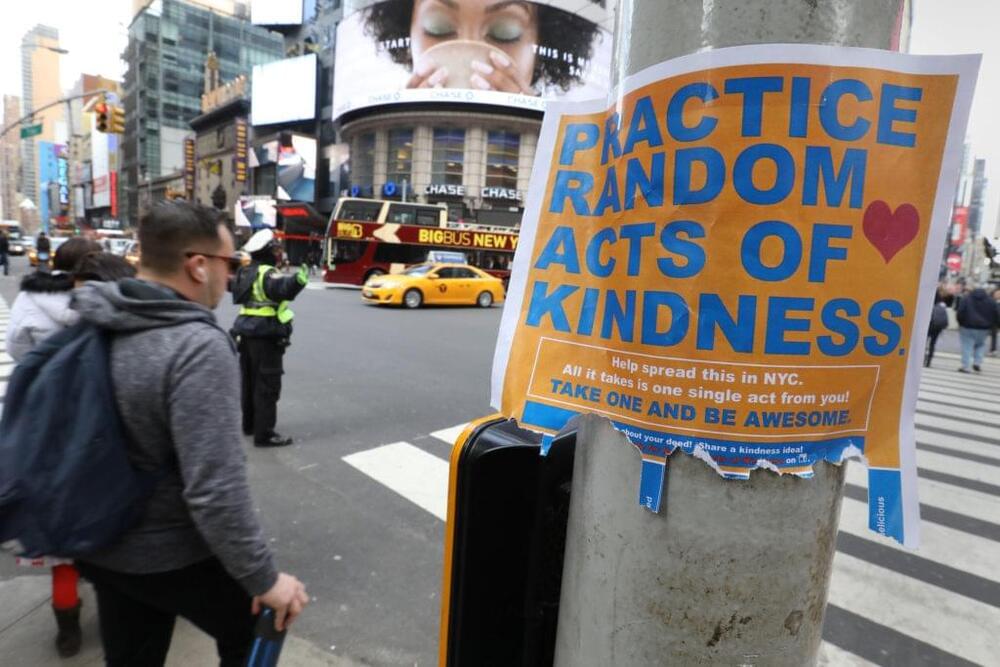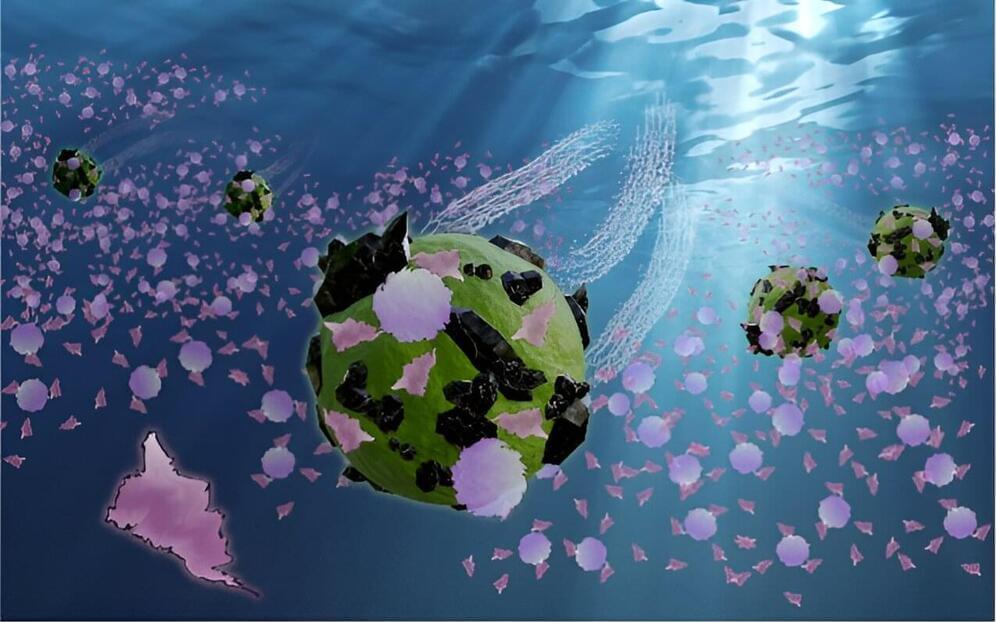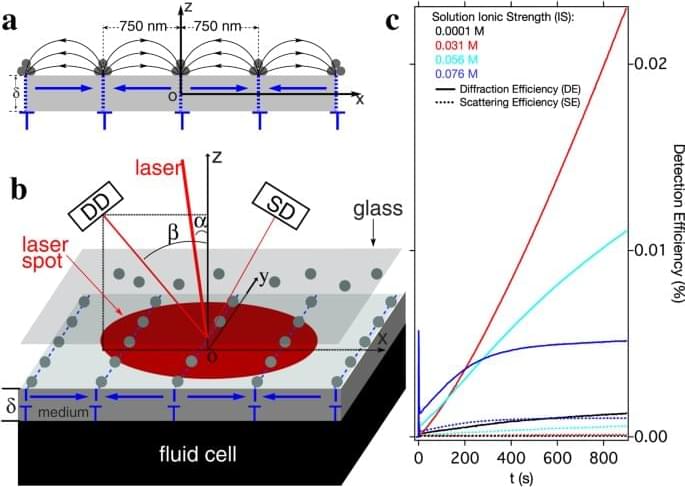Please join my mailing list here 👉 https://briankeating.com/list to win a meteorite 💥
Is the Matrix really real? And if so, which pill would David Chalmers take?
Join us for a mind-bending journey through virtual worlds, human consciousness, technology, philosophy, and religion, and find out!
David Chalmers is an Australian philosopher and cognitive scientist specializing in the areas of philosophy of mind and philosophy of language. He is a Professor of Philosophy and Neural Science at New York University and co-director of NYU’s Center for Mind, Brain, and Consciousness (along with Ned Block).
Remastered from an interview in 2022
Join this channel to get access to perks:






